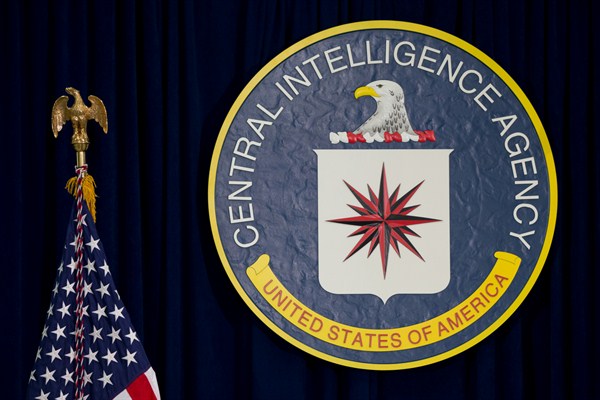Intelligence controversies moved center stage in the lead-up to Donald Trump’s presidency and through its first months in office. As both president-elect and president, Trump accused the U.S. intelligence community, and the CIA in particular, of politicizing intelligence by leaking reports about investigations of contacts between his campaign advisers and Russian officials.
Yet, Trump’s first appointment was a politician to head the Central Intelligence Agency—Mike Pompeo, a Republican congressman. Pompeo was clearly brainy enough for the job, having graduated first in his class at West Point and earned a law degree from Harvard University. Critics wondered, though, whether Pompeo, a Tea Party devotee, could maintain the nonpartisan neutrality expected in this sensitive post. His appointment of Gina Haspel—who as a top CIA officer was involved in the agency’s controversial torture activities after 9/11, as well as the destruction of evidence about this program—as his deputy did little to reassure observers.
Politicians as Spymasters

